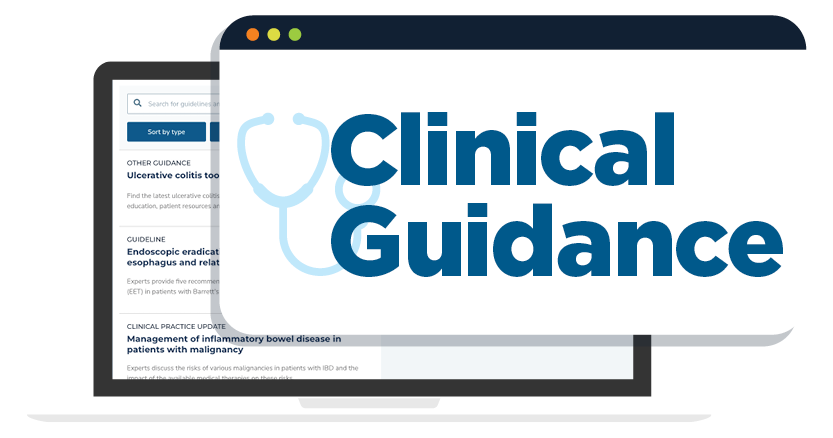1. No single formulation of oral iron has any advantages over any other. Ferrous sulfate is preferred as the least expensive iron formulation.
2. Give oral iron once a day at most. Every-other-day iron dosing may be better tolerated for some patients with similar or equal rates of iron absorption as daily dosing.
3. Add vitamin C to oral iron supplementation to improve absorption.
4. Intravenous iron should be used if the patient does not tolerate oral iron, ferritin levels do not improve with a trial of oral iron, or the patient has a condition in which oral iron is not likely to be absorbed.
5. Intravenous iron formulations that can replace iron deficits with 1 or 2 infusions are preferred over those that require more than 2 infusions.
6. All intravenous iron formulations have similar risks; true anaphylaxis is very rare. The vast majority of reactions to intravenous iron are complement activation–related pseudo-allergy (infusion reactions) and should be treated as such.
7. Intravenous iron therapy should be used in individuals who have undergone bariatric procedures, particularly those that are likely to disrupt normal duodenal iron absorption, and have iron-deficiency anemia with no identifiable source of chronic gastrointestinal blood loss.
8. In individuals with inflammatory bowel disease and iron-deficiency anemia, clinicians first should determine whether iron-deficiency anemia is owing to inadequate intake or absorption, or loss of iron, typically from gastrointestinal bleeding. Active inflammation should be treated effectively to enhance iron absorption or reduce iron depletion.
9. Intravenous iron therapy should be given in individuals with inflammatory bowel disease, iron-deficiency anemia, and active inflammation with compromised absorption.
10. In individuals with portal hypertensive gastropathy and iron-deficiency anemia, oral iron supplements initially should be used to replenish iron stores. Intravenous iron therapy should be used in patients with ongoing bleeding who do not respond to oral iron therapy.
11. In individuals with portal hypertensive gastropathy and iron-deficiency anemia without another identified source of chronic blood loss, treatment of portal hypertension with nonselective β-blockers can be considered.
12. In individuals with iron-deficiency anemia secondary to gastric antral vascular ectasia who have an inadequate response to iron replacement, consider endoscopic therapy with endoscopic band ligation or thermal methods such as argon plasma coagulation.
13. In patients with iron-deficiency anemia and celiac disease, ensure adherence to a gluten-free diet to improve iron absorption. Consider oral iron supplementation based on the severity of iron deficiency and patient tolerance, followed by intravenous iron therapy if iron stores do not improve.
14. Deep enteroscopy performed in patients with iron-deficiency anemia suspected to have small-bowel bleeding angioectasias should be performed with a distal attachment to improve detection and facilitate treatment. Small-bowel angioectasias may be treated with ablative thermal therapies such as argon plasma coagulation or with mechanical methods such as hemostatic clips.
15. Endoscopic treatment of angioectasias should be accompanied with iron replacement. Medical therapy for small-bowel angioectasias should be reserved for compassionate treatment in refractory cases when iron replacement and endoscopic therapy are ineffective.












